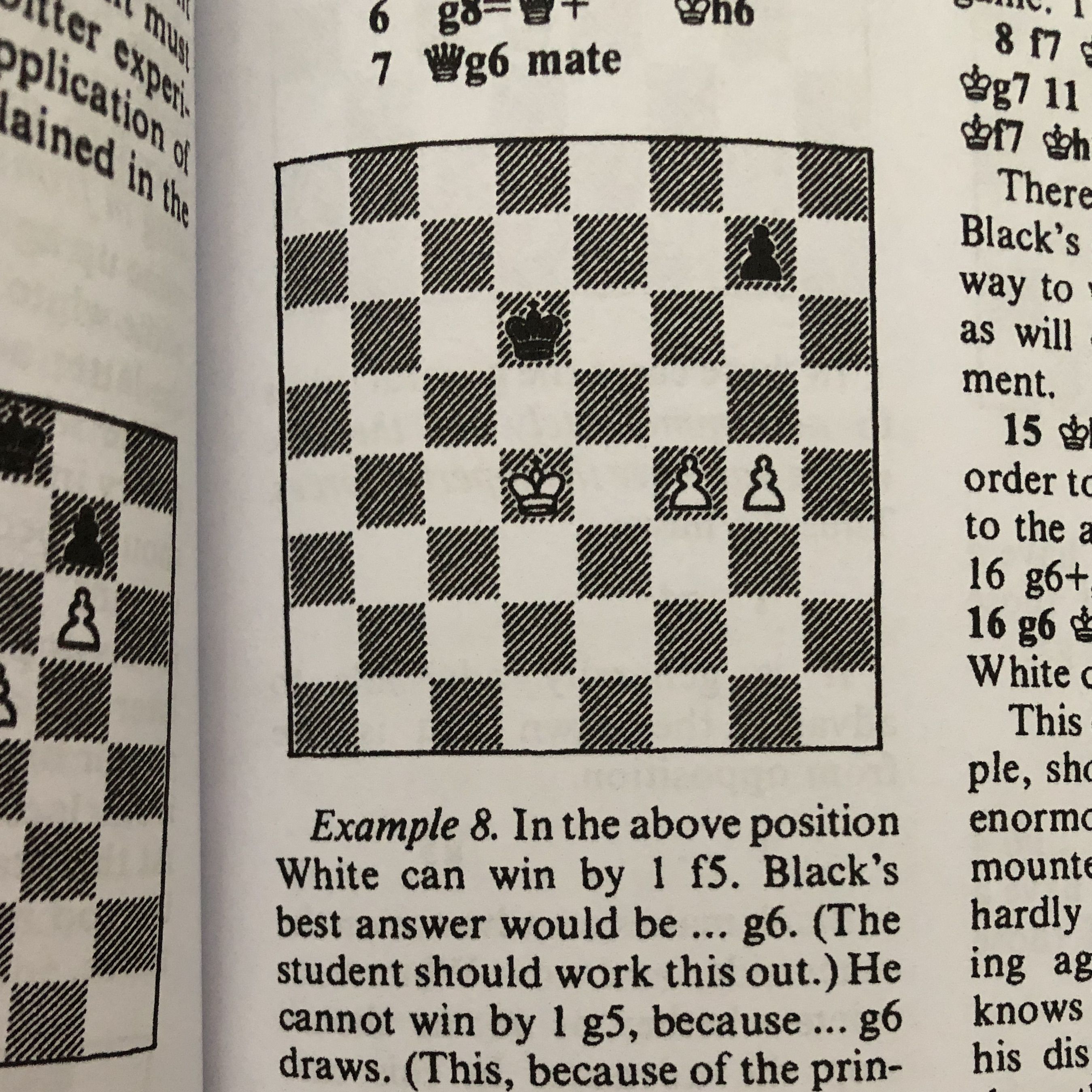When I first borrowed Jose Capablanca‘s Chess Fundamentals from the library as a beginner in 1996, I didn’t like it. A few years ago I saw it in Barnes & Noble and purchased a copy; the way you view a book as a beginner is very different from how you see it as an expert!
Mikhail Botvinnik, the 6th World Champion, called Chess Fundamentals the best chess book ever written. I disagree with the Patriarch, but could I recommend the book to players trying to learn “fundamentals?” As it turns out, not so much.

Capablanca may be the greatest genius in chess history. Undefeated from 1916 to 1924, he lost only 36 official games in his career. He was called “The Chess Machine,” and influenced future champions including Tigran Petrosian, Bobby Fischer, Anatoly Karpov, and Vladimir Kramnik.
Good, but incomplete
In some ways, Capablanca’s genius is the biggest fault with Chess Fundamentals.
He doesn’t grasp that many of us are clueless and need a lot of help. He refers to the book as a guide and not a substitute for a good teacher or practical experience. There’s a lot he doesn’t spell out, and often tells “the student” to figure it out “for himself!“ For example, there’s no guidance on dealing with common pitfalls like Scholar’s Mate.
Some people are just too talented to teach others.
Capablanca’s insights on middlegame strategy and on endgames are thought-provoking for experienced players, but I much prefer the explanations of a different champion: Max Euwe.
Euwe, the 5th World Champion (1935-37), didn’t ask his readers to work things out for themselves; he gave short, precise commentary and presented instructive and memorable examples. He is one of my favorite chess authors.
Who would benefit from reading Chess Fundamentals?
Not only was the book written in 1921, its formal writing style is very different from modern books. Therefore, I can’t recommend it to children, but teens and adults can give it a try.
I would also hesitate to recommend Capablanca’s Chess Fundamentals to a chess newcomer, unless they had an appetite to explore chess for themselves and fill in the gaps. Otherwise, it would be an exercise in frustration.
If you’re a teen or adult who has played in a few tournaments, or has experience playing in a strong social circle, Chess Fundamentals could help you a lot. It could also serve as a decent guide for an ambitious parent teaching their child chess.
